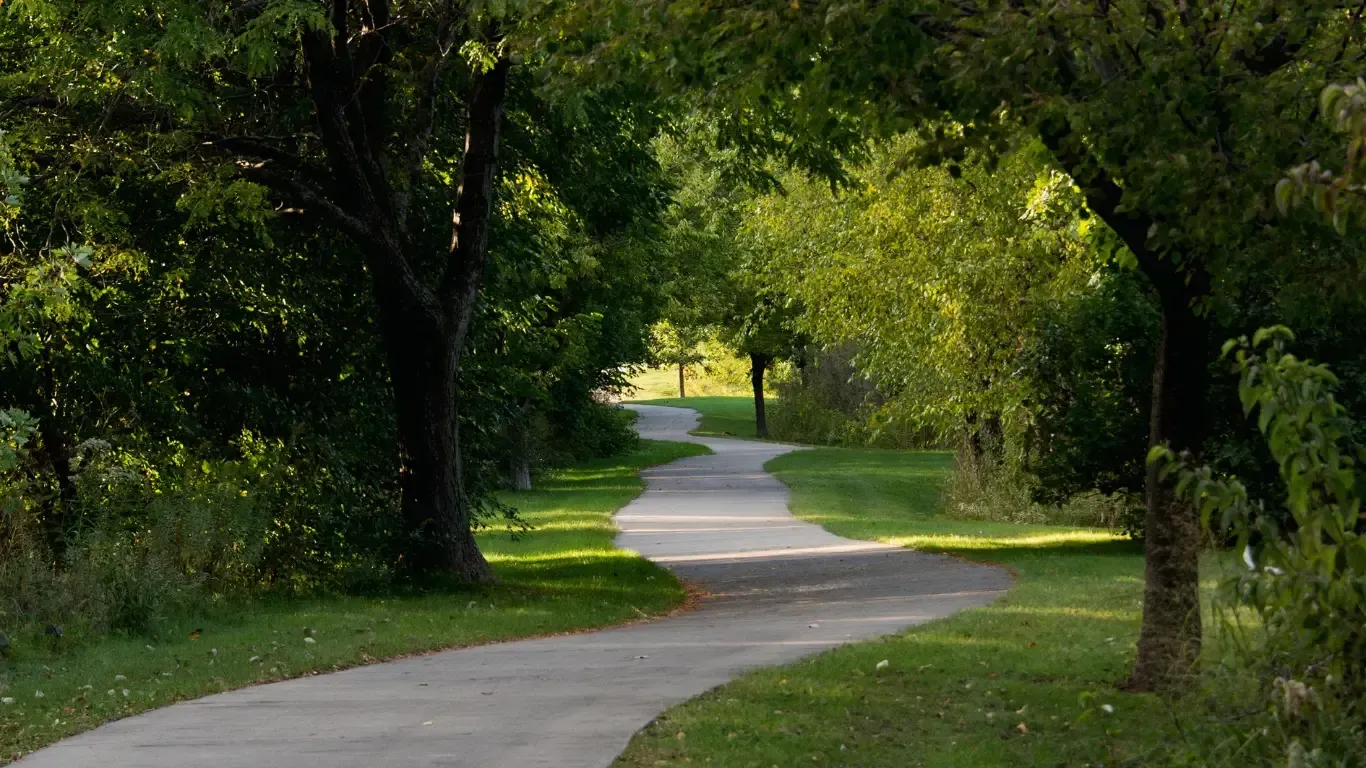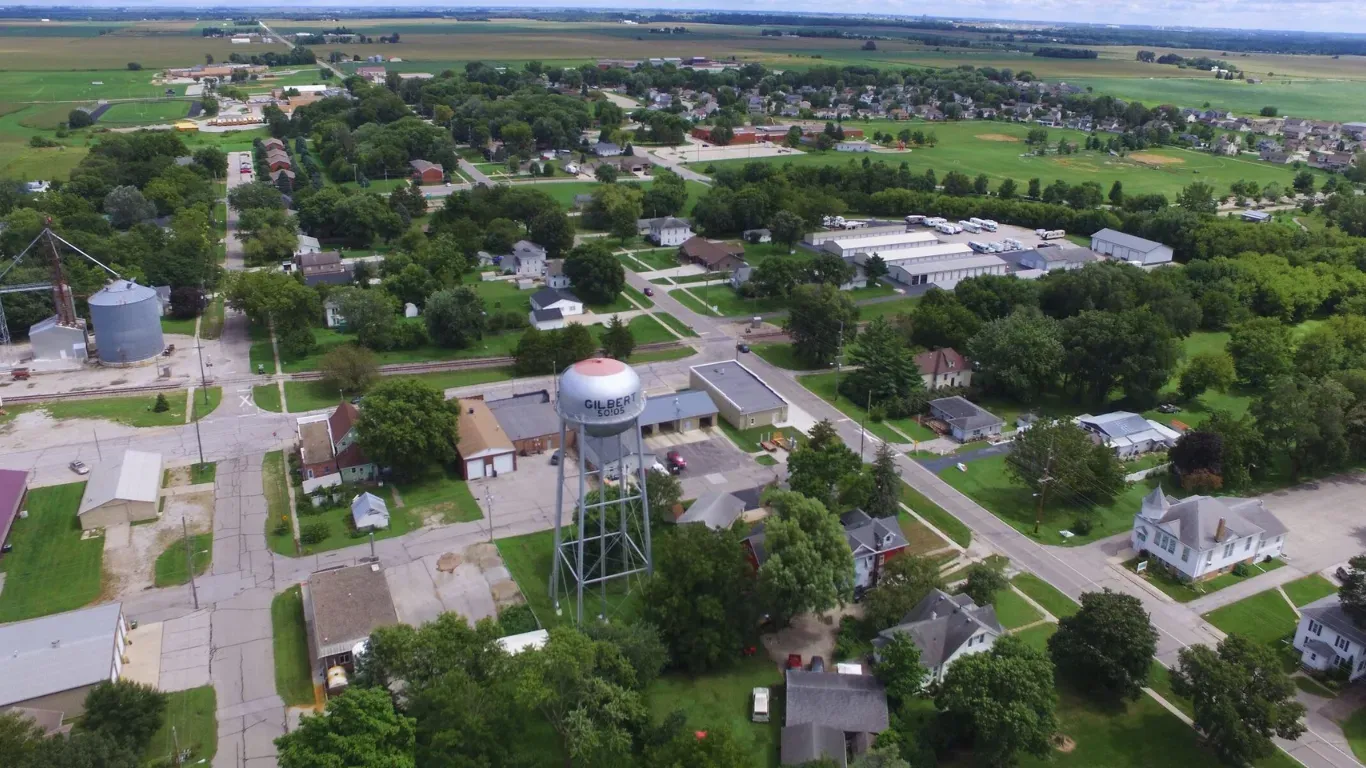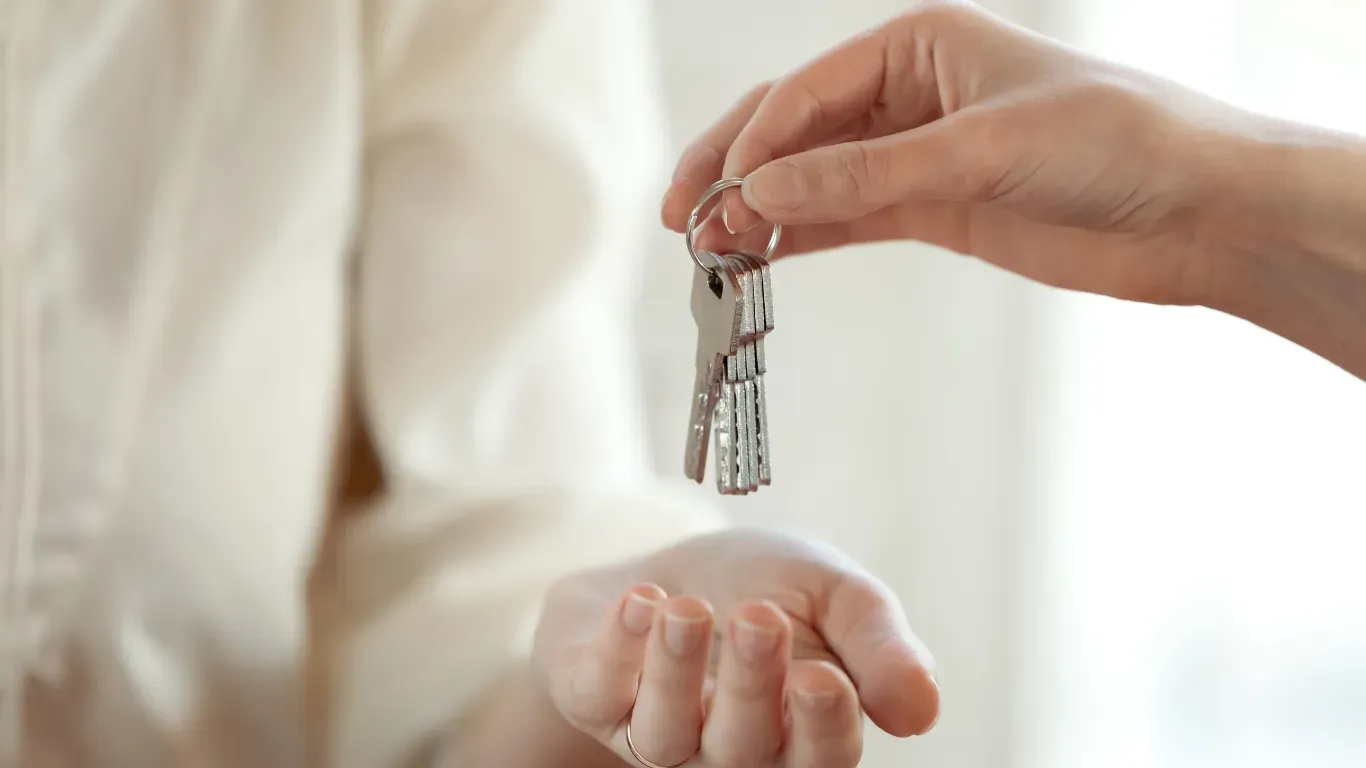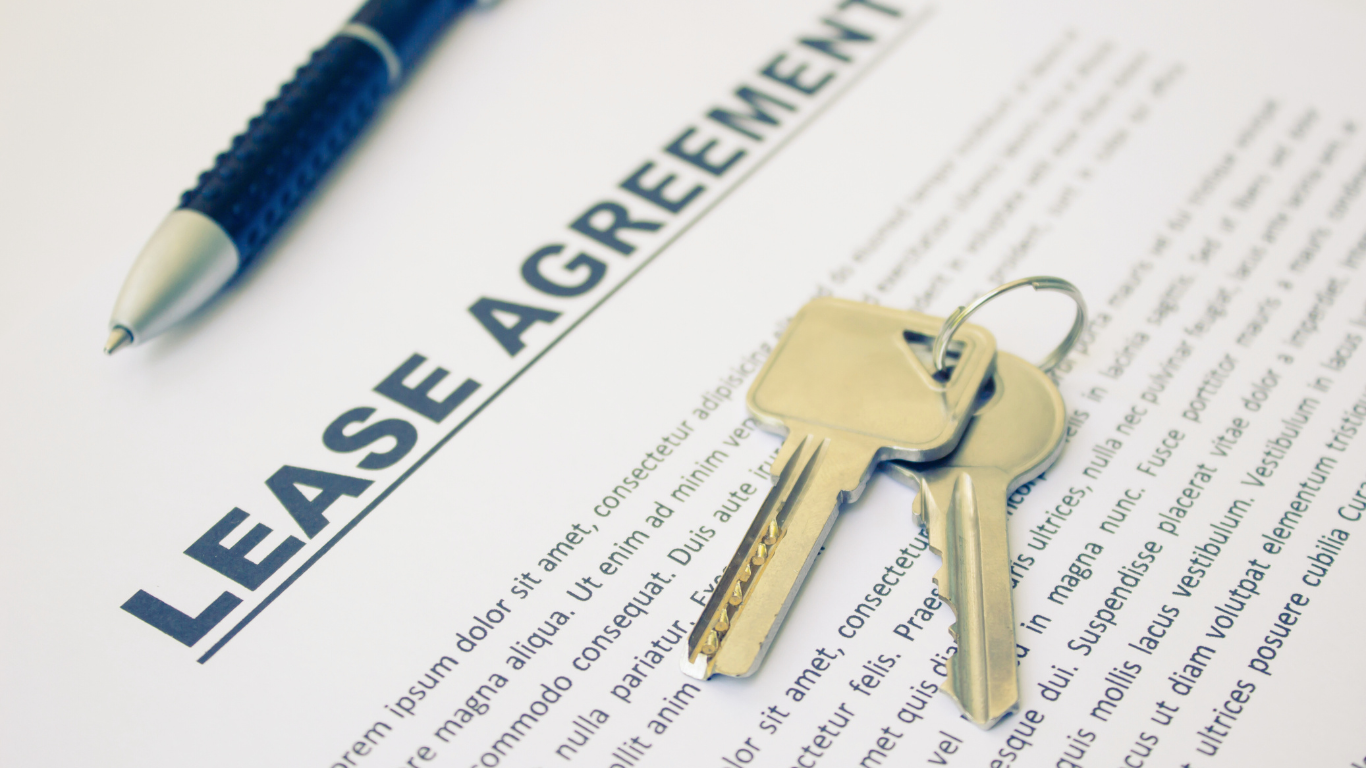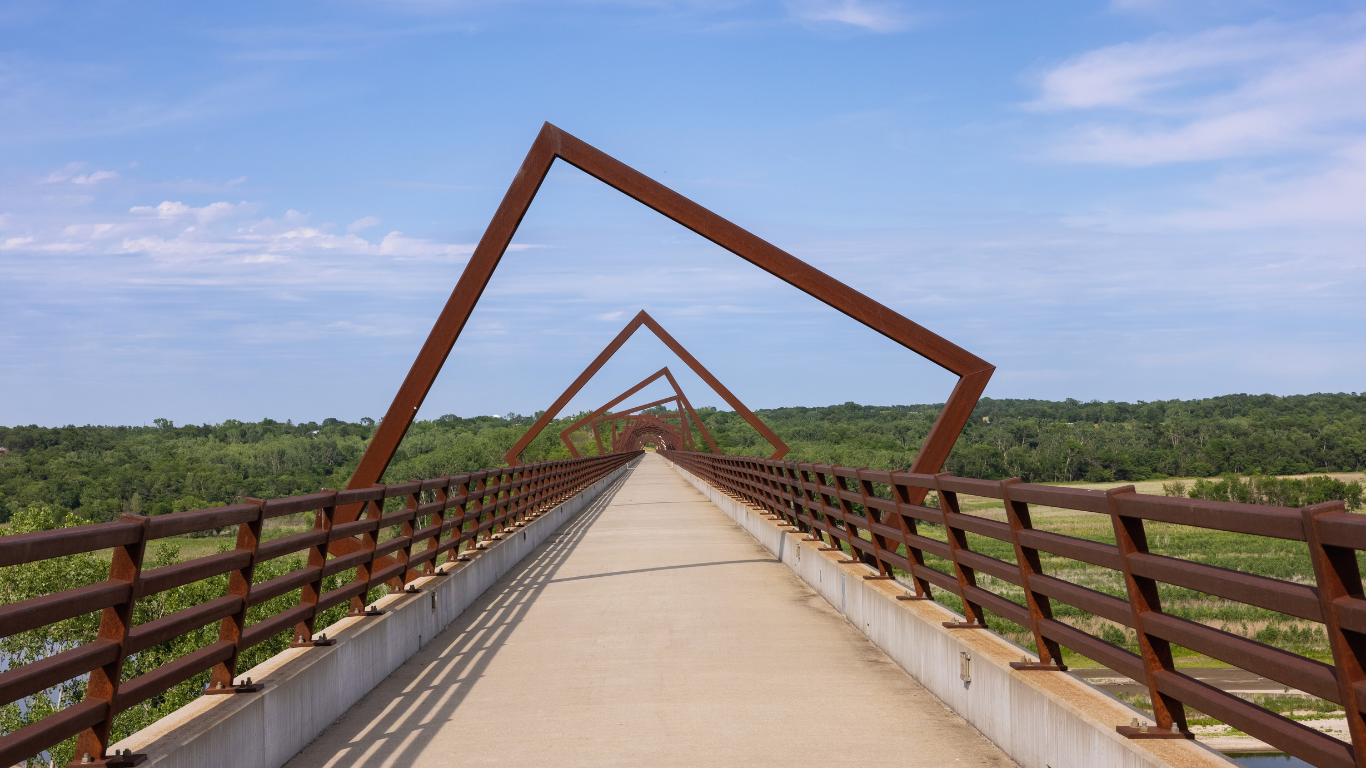Renting your first off-campus apartment can be really exciting, but also really stressful. There are so many details and random things to know about renting that can feel overwhelming. And while your parents will almost always be your best resource for all these adulting-type tasks, your mom may not have time to take your five phone calls a day as you figure out rentals for the first time.
We’ve put together a few tips that will help guide you through the first-time experience of renting off-campus.
Things to Consider When Renting Off-Campus
There are pros and cons to living on campus vs off-campus. Below are questions to ask yourself when looking into an off-campus rental:
- Location: How close to campus or grocery stores do you want to be? Do you have to commute to a job? A shorter commute for all these things can save you money on gas or transit fees, which could make higher rent favourable.
- Lease Terms: What’s the length of the lease? What date can you move in? What expenses are included in the rent?
- Safety and Security: Is living in a safe area worth paying higher rent?
- Parking and Transportation: Will you need to pay for a parking spot, gas, or a bus pass?
- Amenities and Utilities: Are expenses like water and internet included or charged separately?
- Condition and Maintenance: What repairs will the landlord cover?
- Roommates: Are you sharing costs with anyone?
Why Planning Matters for First-Time Renters
There are many things you should know before signing your first lease. As a first-time renter, it's important to do your planning and research so that when it comes time to pick somewhere to live, you can feel confident in selecting the option that's best for you. Having an apartment hunting checklist tailored for college students can make this process easier.
How Much Should I Budget for Off-Campus Living?
Creating a budget can be confusing if you don't know what to base your budget on. One thing that will help is knowing your fixed and variable expenses. Fixed expenses are costs that don't change over time, and variable expenses are costs that change over time based on factors like usage or activity.
We’ve already covered the most important factors to consider for students renting off-campus. Let’s take those factors, break them down from an economic standpoint, and sort them based on whether they’re a fixed or variable expense. This will help you confidently plan a budget that you can trust.
Fixed Expenses
- Rent: Usually the largest expense
- Lease-related costs: Security deposit or parking fees (if paid monthly)
- Utilities Included in Lease: Examples include internet or solid waste fee
Variable Expenses
- Transportation: Gas, public transportation, passes, rideshare costs
- Groceries and Essentials: Food, cleaning supplies, toiletries
- Maintenance and Repairs: If the lease makes you responsible for small repairs and maintenance
- Lifestyle: Eating out, entertainment, subscriptions, memberships
- Utilities Not Included in Lease: Examples include water, heating, electricity, internet, and garbage
A helpful guideline is to keep your rent and fixed housing costs under 30% of your monthly income, and to always budget for emergencies.
What Should I Do When I First Move In?
As you're moving in, knowing where to start and having a list of tasks will help you stay organized and ensure you don’t miss anything important. Below is a 4-step list of the most important things to do when moving in.
Step 1: Document
Before settling into your new space and calling it home, it’s crucial to document its condition. Begin walking through and carefully inspecting each room. While you’re doing this, take pictures or videos, making sure to capture any pre-existing damages or problems. Even documenting small damage like tiny dents or scratches is important. Save these photos and videos for when it's time to get your security deposit back.
Step 2: Set Up and Confirm Utilities
If not included in rent, ensure utility accounts are set up in your name (examples include gas, electricity, internet, and water). After everything is set up and confirmed, make sure the utilities work by checking things like internet, heating and cooling, water pressure, and power outlets. If you have questions about what the average monthly cost for utilities looks like, reach out to your landlord or previous tenants for an estimated cost.
Step 3: Review Your Lease
Take another look at your lease to make sure you’re aware of what is and isn’t included. Have a good understanding of the rules and know who to contact for maintenance and repairs. Have a clear understanding of when rent is due, the payment methods accepted, and what late fees look like.
Step 4: Make the Space Safe to Feel at Home
Stock essentials like cleaning supplies, toiletries, cookware, and kitchen appliances. It's critical to have safety items on hand like a first aid kit, batteries, and a flashlight. Having a move-in checklist will help ensure that you have everything you need. Buy renters insurance for an extra level of protection. Renters insurance is often worth the cost and covers you from theft and certain damages. Know who else has keys to the space, and ask the landlord if you’re unsure.
Lastly, style your space to fit your personality and meet your needs. There are many styles to choose from, and it doesn't have to be expensive. Having a
list of styles can help with inspiration and turn a space into something special without breaking the bank.
Ready to Find Your First Off-Campus Rental?
Looking for an off-campus rental property? Hunziker Property Management has a wide range of student-friendly rentals close to campus. Whether you’re looking for a quiet one-bedroom or a spacious unit to share with roommates, Hunziker has affordable options in prime locations.
Browse available apartments and start your apartment search today!

